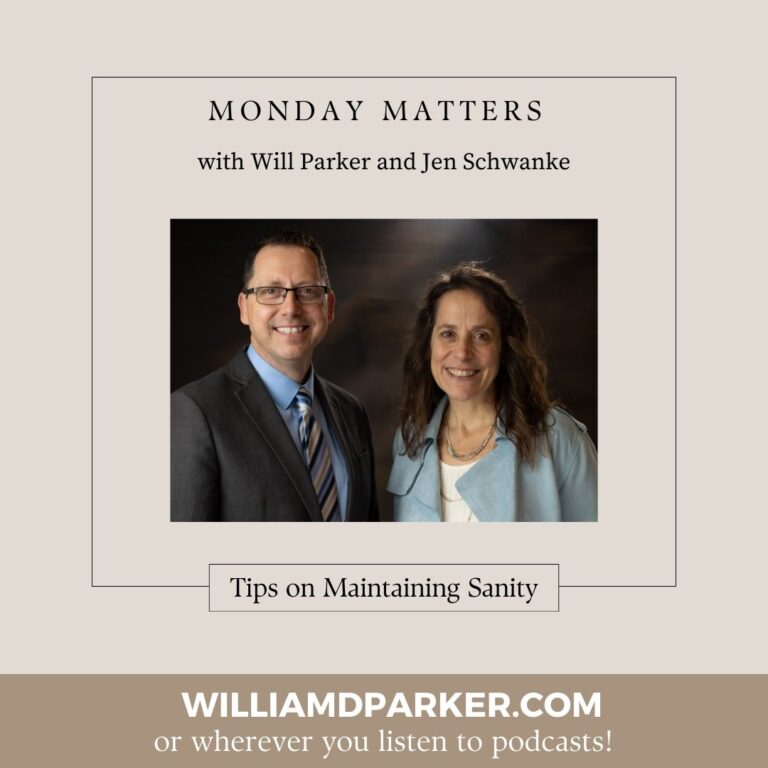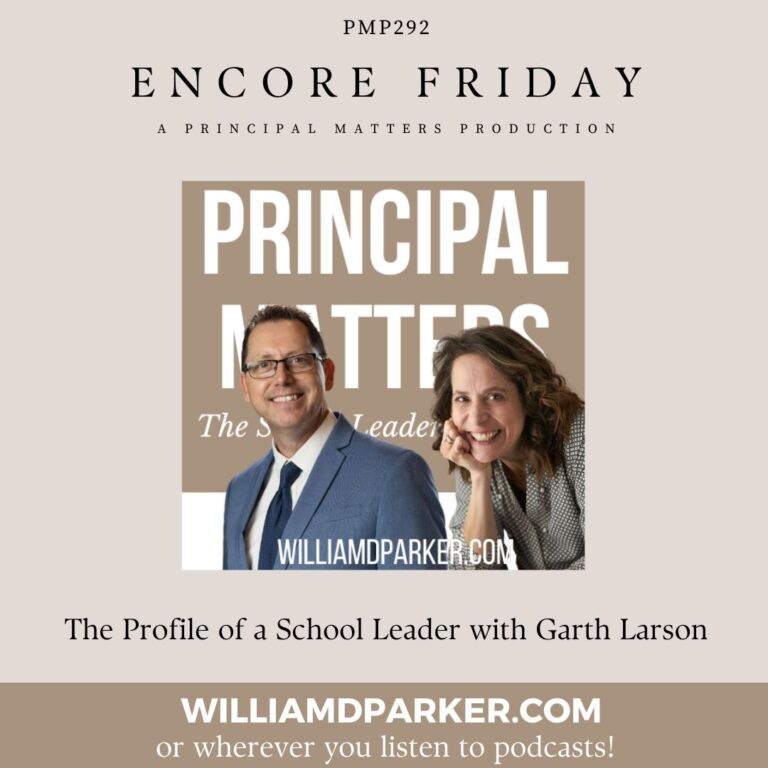As hard as it is to work through the hiring process, nothing is more important to the success of school than finding quality educators. And if you are looking for a new position, it is essential to know how to take advantage of an open door.

Although I haven’t kept count, it is safe to day that during my more than a decade of school administration experience, I have interviewed over a hundred individuals for staff or teaching positions. I have also sat on teams interviewing for principal and director positions.
As a school administrator, I have seen many great and not-so-great interviews. Likewise, I have delivered some of both myself. Because I am a teacher at heart, I sometimes visit with candidates afterwards about ways they could improve their interview skills. Since I find myself coaching the same consistent themes, here are the 10 of them you may find helpful:
1. Write a solid resume.
This should go without saying, but a good resume should be neat, concise, and without errors. Display a heading with all your contact information. Skills most pertinent to the position should be prominent and experience should be listed chronologically with most recent experiences first.
If possible, limit your resume to one-page. Long resumes are tedious to read and usually unnecessary.
2. Pre-emptive email or phone.
My advice is to send a short, friendly email to the person(s) you believe will be responsible for the hiring. This is usually pretty easy to figure out by visiting school websites or just calling and asking school staff for contact information. Make sure your inquiry is brief, professional, and without misspellings.
If you choose to reach someone by phone or leave a voicemail, rehearse what you will say ahead of time. By all means, do not ramble or give the impression that you are desperate for a job. School leaders want people who are passionate about teaching or leading, not about just finding a job.
3. Research your prospects.
With the ease of finding information via the web, there is no excuse for not understanding in advance the lay-of-the-land in respect to the school or community you have targeted. More helpful still is finding someone you may know who lives or works in that community as a source for information.
Coming into an interview knowing a few names and faces helps to put you a step ahead and gives you some context for the discussion you will have.
4. Rehearse your introduction (and deliver with a smile).
Almost all interviews begin with the opportunity for you to introduce yourself personally, professionally, and in regards to your education.
First, express thanks for the opportunity to interview; then, follow-up with a brief introduction of who you are personally and professionally. Sit up straight, smile, and make good eye contact. Avoid crossed arms, clenched fists, or rambling which usually show signs of anxiety.
Appearing cool under pressure is important because that is what you will be expected to do every day in a teaching or school leadership position. I can’t tell you how much more attractive candidates appear when they smile, so don’t forget your most powerful persuasion tool, which is often your expression.
5. Play to your strengths and come with your A-game.
I won’t stay long on the point, but it is very important. Your goal in an interview is to demonstrate the same confidence, preparation, and ability to connect that you will need in the classroom or the position you are seeking.
So show up with same A-game in an interview that you would want your students or team-mates to see you deliver everyday in your potential position.
6. Anticipate questions and be prepared with examples.
You will be asked questions about how you define effective teaching or schools, use procedures, handle difficult situations or people, and understand content area.
Expect questions about your willingness or interest in extra-duty assignments, and examples of past experiences. Don’t be surprised by these. Think them through in advance. If you are asked a question you never anticipated, take a breath and think about it before responding.
Again, your goal is to demonstrate how you will communicate to students or colleagues on a regular basis, so be clear, concise, and use examples.
7. Turn failures into stepping stones.
A good interview should also be challenging. If you are asked about failures or difficult times in your professional experience, be honest, and share an experience where you turned a difficulty into an opportunity to grow and improve.
8. Bring your own questions.
Write down and bring with you questions of your own.
Here a few examples:
What are the most important qualities you are looking for in this position?
How would you describe the culture of your staff or school?
How would you describe your leadership style?
Can you describe how you lead and support your teachers or team members? How soon will you be making a decision about this position?
Avoid questions about pay unless it is brought up by your interviewers. Those questions can wait if you’re given a follow-up opportunity.
9. Rehearse your closure.
Just as important as your introduction is your final impression.
Take time again to thank your interviewer(s) for the opportunity to meet. Repeat the reasons you believe this position is a great fit for your skills and strengths. Tell them you look forward to hearing from them soon and then stand, offer firm handshakes, and don’t forget to smile.
10. Follow-up with an email or card.
If possible within the same day as the interview, send an email or leave a card expressing your thanks for the opportunity to interview.
As hard as it was for you to do the interview, remember your interviewers are giving up hours of time they would normally spend on other priorities to look for the best candidates.
Be patient if they don’t quickly respond to you with a follow-up, and do not burn any bridges if you are not offered the position. Every interview is an opportunity to show your strengths and may open another door down the road.
Conclusion
If you take nothing else away from these tips, remember this: Interviews are so much more than a one-time opportunity to speak to someone. Finding the position you want begins by the quality of performance you are showing at your current position, is reinforced by the kind of responses your co-workers will give when contacted about you, and is enhanced by your ability to deliver when given the opportunity.
No amount of interview preparation will ever be as important as your reputation.
Now It’s Your Turn
What are some additional suggestions or tips you find helpful when coaching others on interview to-do’s? What are some questions you still may have about interviewing that I haven’t addressed?
Principal Matters Podcast
Check out audio versions of my posts at iTunes. Rate PMP at iTunes; when you do, it makes it more visible to others!
Sign-Up For Free Updates and Ebook
When you enter your email address below, you will automatically receive my newest posts and a free Ebook, 8 Hats: Essential Roles for School Leaders. Let’s keep learning together!


